Apollo Chorus’s “Messiah” bedeviled by unholy acoustic

The Apollo Chorus of Chicago, now celebrating its 152nd season, has presented Handel’s Messiah at Christmastime since 1879. The annual ritual, older than most Chicago cultural institutions, unfolded at the Harris Theater from 2003 until last year. The first of this year’s two performances took place Saturday night at Holy Name Cathedral.
The cathedral’s chancel area is stunning but clearly not designed to host a chorus and orchestra. Rather than being able to simply sit when resting and stand when singing, the volunteer members of Illinois’ oldest performing ensemble had to awkwardly shuffle around up and down steps any time they had to stand or take their seats. The four soloists sat in the front pew, standing and turning around to face the audience for their solo numbers, having no better option.
The most disastrous issue however was acoustical. Holy Name’s vaulted wooden rafters are a splendor to behold, but create a genuine acoustical nightmare. Paradoxically the atmosphere is both cloudy and unforgiving—lapses are amplified within a generally soupy impression.
This felt particularly unfair to the four vocal soloists, three of whom were making their Apollo Chorus debut.
Soprano Katelyn Lee, mezzo Lindsey Adams, and tenor Sam Krausz were singing with the ensemble for the first time, while bass-baritone Bill McMurray was appearing for his third and reprising his role from last year. None really stood a chance of filling the cavernous space without singing loudly; unable to mine softer dynamics without disappearing, much of Handel’s subtlety was dead on arrival as a result.
At the best moments one could discern the soloist’s fine efforts and intention in their arias. Lee brought serenity to “He shall feed His flock,” and McMurray was able to get something across of “The people that walked in darkness.” These two provided some late-stage redemption—the point of the season anyway—mining the spiritual pathos of “I know that my Redeemer liveth” and “The trumpet shall sound,” respectively.
Adams’ rich, operatic mezzo could still be appreciated in the problematic acoustic, though tenor Krausz came off as wan and pitchy up top, perhaps the result of an effort to over-project. For some reason Saturday’s performance skipped “He was despised” (of all the numbers to omit), which would have been a welcome opportunity to hear more from Adams.
The chorus is the real star in Messiah, and simply by virtue of numbers they were able to fill the cathedral’s space, even if the contrapuntal intricacies came out as a generalized soup. One could nonetheless appreciate the commitment and dedication of the all-volunteer group, that really deserves a suitable setting to showcase their considerable efforts.
Music director Stephen Alltop, who has led the ensemble for 27 years, did all he could to keep the performance on the rails, and while nothing truly fell apart, little could be said to actually cohere. The orchestra of fine area freelancers provided adequate if one-note support under his leadership, with concertmaster Jeri-Lou Zike making some eloquent obligato contributions.
A bit of comic relief arrived in the late numbers with full orchestral accompaniment, particularly “Hallejulah!” and the closing “Amen.” By some accident of miking, the timpani was the only voice picked up on the cathedral’s speaker system, so its supportive tonic and dominant emphases boomed with robust clarity while the chorus and orchestra continued to struggle with the acoustic as they had all evening.
Sunday evening’s repeat performance takes place at Alice Millar Chapel, which should offer much friendlier confines.
The good thing about traditions is that there’s always next year.
The Apollo Chorus performs Handel’s Messiah 7 p.m. Sunday at Alice Millar Chapel in Evanston. apollochorus.org
Posted in Performances
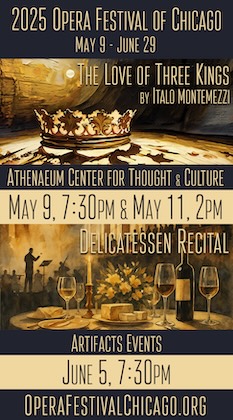
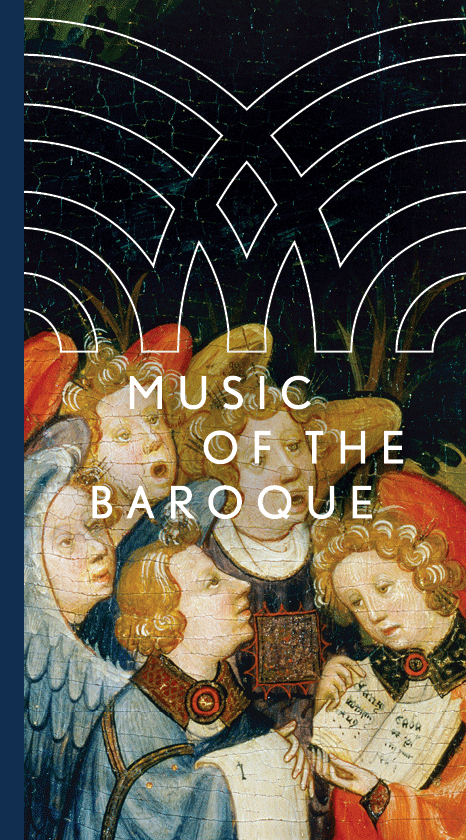
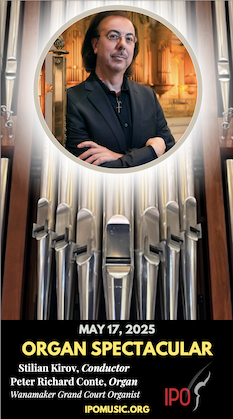
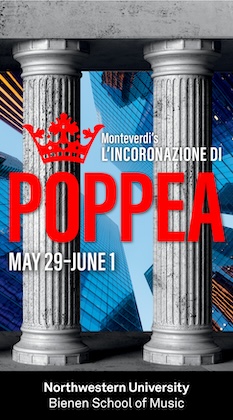

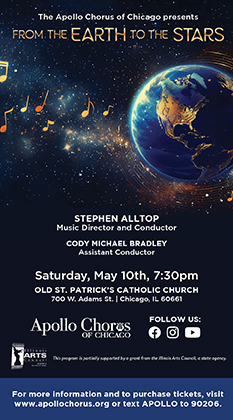
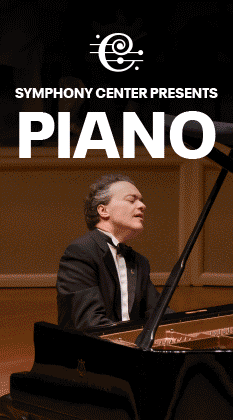
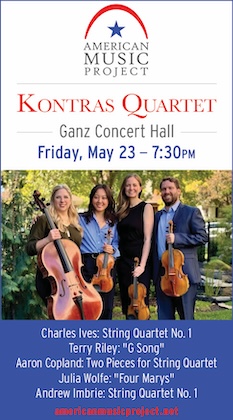
Posted Dec 10, 2023 at 7:17 pm by Stewart
I wish by no means to discredit the incredible legacy and longevity of the Apollo Chorus of Chicago, but Southern Illinois actually boasts an instrumental ensemble with an even longer history: the Philharmonic Society of Belleville, which has been performing since 1866!